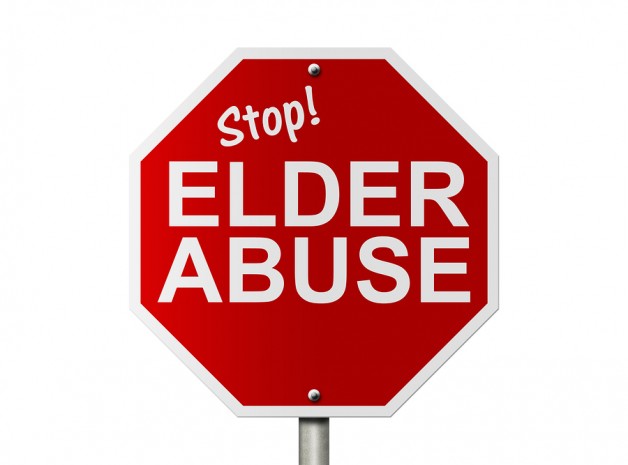Home Safety for Seniors
/Ensuring home safety for the elderly is crucial to prevent accidents and promote their well-being. Here are some important tips to create a safe living environment:
Remove tripping hazards: Keep the floors free from clutter, loose rugs, or any other items that may cause the elderly to trip and fall. Secure loose cables and cords to the wall or use cord covers.
Install grab bars and handrails: Install grab bars in the bathroom, especially near the toilet and shower area, and handrails on stairways to provide stability and support.
Improve lighting: Adequate lighting is essential to prevent falls. Install bright lights in hallways, staircases, and entrance areas. Consider using motion sensor lights to ensure good visibility during nighttime.
Non-slip surfaces: Use non-slip mats or rugs with rubber backing in the bathroom and near entrances. Apply non-slip strips or decals to slippery surfaces such as bathtubs and showers.
Secure rugs and carpets: Ensure that rugs and carpets are properly secured to the floor to prevent slipping. Consider using double-sided tape or rug grippers.
Organize belongings: Keep commonly used items within reach to avoid the need for climbing or overreaching. Rearrange kitchen cabinets and storage areas accordingly.
Smoke and carbon monoxide detectors: Install smoke detectors and carbon monoxide detectors throughout the home. Test them regularly to ensure they are functioning correctly.
Medication management: Set up a system to help the elderly manage their medications safely. Use pill organizers or automatic medication dispensers to prevent errors or missed doses.
Bathroom safety: Use a raised toilet seat to make it easier for the elderly to sit and stand. Place a non-slip mat or adhesive strips in the bathtub or shower to prevent slips.
Emergency response system: Consider installing an emergency response system that the elderly person can use to call for help in case of a fall or other emergencies.
Clear pathways: Ensure that all pathways in the home are clear and easy to navigate. Remove any obstacles, excess furniture, or clutter that may obstruct movement.
Adequate heating and cooling: Maintain a comfortable and safe temperature inside the home. Ensure that heating and cooling systems are functioning correctly and have regular maintenance.
Fire safety: Place fire extinguishers on each floor of the house and near the kitchen. Educate the elderly on fire safety procedures and how to use fire extinguishers.
Stair safety: Install handrails on both sides of the staircase for stability. Consider adding stair gates at the top and bottom to prevent accidental falls.
Regular home maintenance: Keep the home well-maintained by checking for any potential hazards such as loose handrails, broken steps, or faulty electrical outlets. Address these issues promptly.
Remember, every individual's needs may vary, so it's essential to assess the specific requirements of the elderly person in question and make appropriate adjustments to ensure their safety and comfort.















